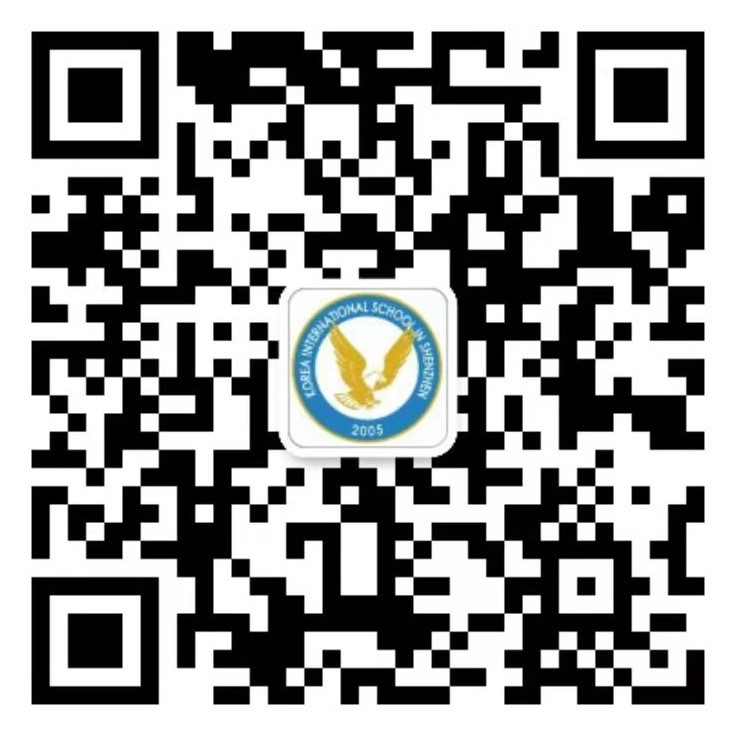KIS Preschool

We believe that our role as preschool teachers is to provide a safe and nurturing environment for our children during their transition from home to school.


Become
Independent

Become
Creative Thinkers

Learn to
Make Good Choices

Learn to Become
Kind, Considerate and Responsible

PURPOSE OF EDUCATION
KIS's preschool program comprises two grade levels: Kindergarten (KG) for 5-year-olds and Pre-Kindergarten (PK) for 4-year-olds. The overarching aim of KIS preschool education is the holistic development and well-being of young learners.
The curriculum framework is structured around three primary emphases: the cultivation of ethical conduct and routines, the nurturing of self-reliance and innovation, and the appreciation and reverence for diverse cultures. Grounded in these principles, we have devised and executed a curriculum covering five domains: physical education and health, communicative competence, social dynamics, artistic engagement, and environmental inquiry.
Considering the developmental traits specific to 4-year-olds and 5-year-olds, the curriculum distribution is adjusted accordingly. For 5-year-olds, an educational regimen aligned with the preparatory standards for entry into elementary school's first grade is integrated at suitable intervals.
CURRICULUM

Phonics+Literacy
We provide opportunities to experience and communicate with various cultures and languages. In the process of learning English, children acquire new words and sentences, and learn how to express their thoughts and emotions. Through this, children develop attitudes of understanding and respecting diversity, and acquire the multilingual communication skills necessary for the global era.

Mathematics
We provide understanding of numbers and shapes, enhancing problem-solving skills and logical thinking. In the process of learning mathematics, children acquire basic mathematical concepts such as addition and subtraction, and explore concepts such as patterns and sequences. Through this, children learn problem-solving methods and gain a better understanding of the world through mathematics

Science
We provide opportunities for understanding and exploring natural phenomena and the surrounding environment. In the process of learning science, children learn how to discover and solve curiosity question through experiments, stimulating their curiosity about natural phenomena. Through this, children understand stories surrounding the world and feel awe towards nature. Science stimulates children's spirit of inquiry and curiosity, helping them develop scientific thinking and problem-solving skills for the future.

Life Skills
This subject teaches basic life habits and skills necessary for daily living. Through this, children learn important values and concepts such as personal hygiene, safety, proper eating habits, and environmental protection. Life education helps children live healthy and safe lives, fostering independence and responsibility. Additionally, this subject supports children in learning social rules, etiquette, and fostering a respectful attitude. Life education is essential for children's growth and development, helping them live not only knowledgeable but also wise lives.

Creative Activities
We provide opportunities for new experiences and self-expression. Through this, children unleash their creativity and imagination, learning how to conceive and express their ideas. Additionally, creative activities enhance children's problem-solving and teamwork skills, while boosting their confidence.

Second Language (Chinese)
We offer opportunities to learn about the languages and cultures of different countries. Through this, children experience various languages and enhance the multilingual communication skills necessary for the global era. In the process of learning a second language, children improve their cultural understanding and interpersonal skills, while developing an attitude of recognizing and respecting the diversity surrounding the world. This subject helps children gain a broad perspective and experience, supporting them in developing the capabilities of global citizens.

Physical Education
Physical Education consists of weekly yoga, taekwondo and swimming classes, aiming to improve children's muscular strength, flexibility, muscular endurance, body composition and cardiovascular endurance. The instructors encourage students to develop a love for fitness and health through social interaction and team building.

Music
The course focuses on learning the techniques of expressing and communicating emotions through rhythm and melody. Through this, children learn to express their emotions through music, enhancing their creativity and expressive abilities. Music classes develop children's auditory senses and promote coordination between hands, eyes, and ears. Additionally, music boosts children's self-confidence, fosters teamwork, and strengthens their ability to collaborate with others. This subject is essential for children to experience artistic enjoyment, grow emotionally, and broaden their cultural understanding.

Arts and Crafts
The course provides opportunities for students to demonstrate creativity and expressive abilities. Through this, children utilize various art materials and techniques to express their ideas, fostering artistic sensibilities. Art classes enable children to freely unleash their imagination and enhance their ability to express their emotions and thoughts. Additionally, art promotes coordination between hands, eyes, and minds, while also fostering creative problem-solving skills. This subject is essential for children to develop their artistic sensibilities, discover themselves, and express their unique identities.













